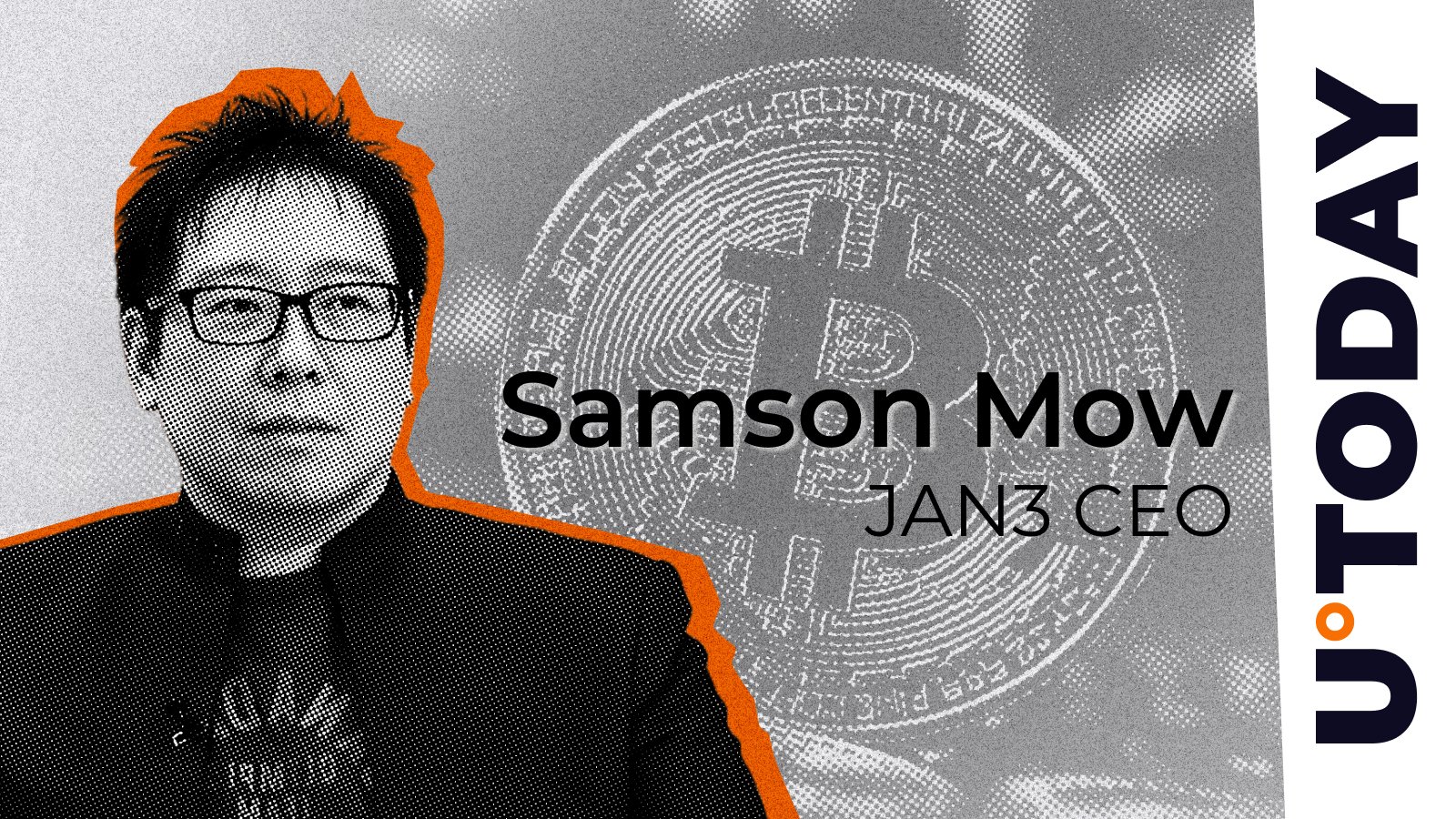The yield on Japan’s 10-year government bond reached its highest level in over nine years on Tuesday. That marked a significant point, as the central bank had recently taken steps to interfere in the market due to similar circumstances earlier this month. The 10-year Japanese Government Bond (JGB) yield increased by 1 basis point, reaching 0.660%, a level not seen since January 2014. Notably, the increase followed the upward movement of U.S. yields.
Japan’s 10-year yield crosses the BOJ intervention level
Speculation arose due to the rising yield, prompting considerations that the Bank of Japan (BOJ) might engage in emergency purchasing, potentially causing a decline in the yen’s value. However, the central bank had not made any official announcement regarding such a measure.
The increase in yield was a direct response to the overnight escalation in U.S. Treasury yields. Notably, this shift was orderly and not primarily fueled by conjecture, which elucidates the BOJ’s decision not to intervene. Naoya Hasegawa, a senior bond strategist at Okasan Securities, emphasized this, stating that the BOJ’s lack of action was attributed to the well-structured nature of the yield movement.
On August 3, the BOJ engaged in unscheduled bond purchasing when the 10-year yield had reached 0.655%. That marked the second instance of emergency buying in that particular week.
On Monday, the yield on 10-year U.S. Treasury notes reached a level not observed since the Great Financial Crisis of 2007. The increase was driven by a growing consensus that the Federal Reserve would opt to maintain elevated interest rates for an extended duration, given the robustness of the U.S. economy.
Concurrently, Japan’s yields exhibited an upward trend across various timeframes. The five-year yield, for instance, experienced a 1 basis point uptick, reaching 0.235%, marking its highest point since February 24th.
Similarly, the 20-year Japanese Government Bond (JGB) yields advanced to 1.4%, attaining its highest position since January 13th. Subsequently, it adjusted to 1.395%, reflecting a 1.5 basis point increment from the prior session. This increase in the 20-year yield was attributed to lingering concerns among investors stemming from the lackluster results of an auction held in the previous week, as explained by Hasegawa.
Likewise, the 30-year JGB yield saw a rise of 1.5 basis points, reaching 1.670%. In contrast, the two-year JGB yield remained steady at 0.025%.





